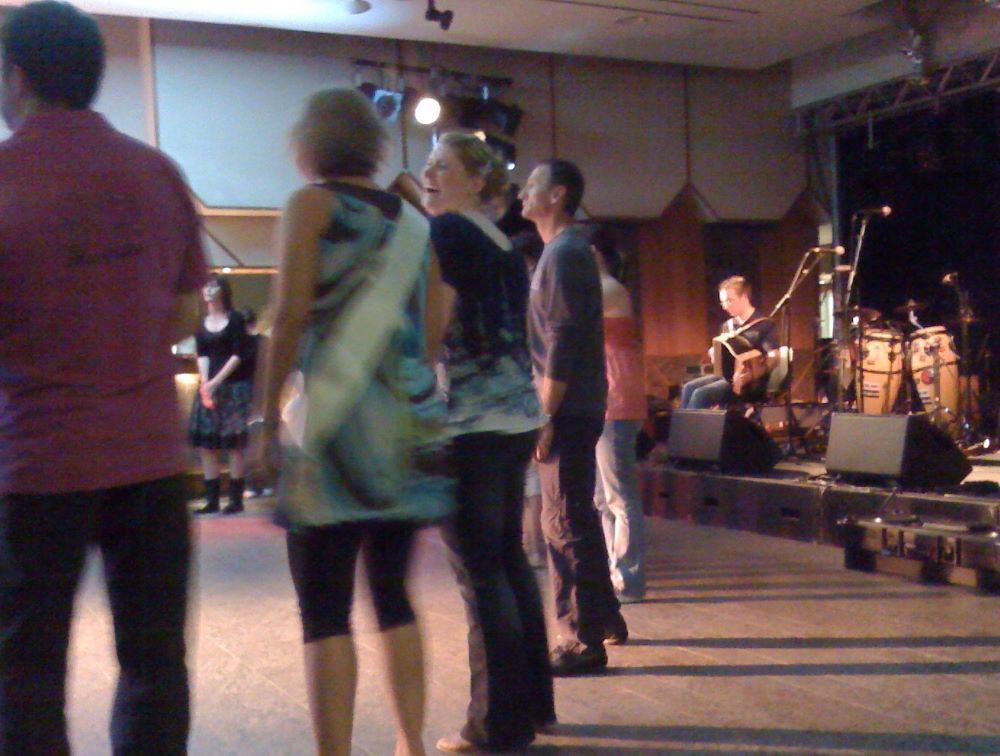“The 10 Best Places to Retire,” “The Best Countries to Live with $1500 a Month,” and similar lists are usually based on these criteria:
- how little you’ll spend,
- how rarely you’ll complain about the weather, and
- how easily you’ll live without learning the local language.
Basically, they boast about how little you’ll have to change. It’s all about your comfort, and that sets you up for failure.
If you care mostly about your comfort, you’ll notice the bajillion times per day that your new country makes you uncomfortable. Because it will. It’s foreign, and you’re foreign, and they won’t have your favorite tea, they’ll set off fireworks more than you like, and they’ll eat dinner at the “wrong” time.
The best country is one that you admire
The best country to move to is one that you admire or at least respect and that will let you move there.
Ideally, you already have a short list of places that interest you. If you don’t, maybe start shopping with this list. I’m not saying they’re good places, but they can give you ideas.
Once you have a short list, research each country more closely. As you do that, ask the following questions.
Does the author have a clue?
Nomad influencer: “You should consider country X! It’s so affordable and laid back!”
- Has the influencer spent more than a month in the country? Did they go to a doctor, rent a real apartment (not a tourist place), and talk to locals who weren’t waiters or tour guides?
- Does the influencer know anything about the culture? Can they explain why today is a holiday, or why that statue is covered in flowers, or what that protest is about?
YouTube home owner: “We live in country X! Watch our channel to find out what it’s like!”
- Do they show what it’s like to live in that country, or do they just show what it’s like to restore a house there?
You might like their house, but that doesn’t tell you whether you’d like the country.
Can I qualify for a visa?
Often an influencer will talk about how they’re able to “live” in a country for only $1,500 a month, but they don’t actually live there. They’re a tourist. They can’t stay long, and they haven’t had to meet visa requirements.
Maybe you can afford to pay $1,500 a month for living expenses, but do you have the $4,000/month income that the government thinks you need? If you have to work to meet the visa requirements, will the government let you?
Before you get excited about a country, research its visa requirements.
Do I like the people there?
What are the locals like?
It’s tempting to make assumptions about people based on your experience as a tourist or reports from other English speakers who live in an expat bubble.
Instead, learn more about the locals with questions like these:
What do they value?
Is the society based on values that I respect, or will I disagree with locals on fundamental things? See more.
Do they share my interests and hobbies?
Look for hobby groups, probably on Facebook.
If you don’t have a social hobby, consider developing one. Dance can help you meet people when your language skills are still weak. You might be surprised at how widespread tango and swing dancing are, or you could check if folk dancing is common. In western Europe, look for “bal folk” for easy social dances.

How do they treat people who look like me?
Will I stand out as a foreigner because of how I look? If so, what will be the effect of that?
What’s it like to live with them?
Visit first, and make it a long visit, like three months. Talk to long-term resident foreigners who have local friends and hobbies. Join local (not expat) social groups that don’t require you to speak the language, like dance classes, sports, and hiking groups. Don’t spend all your time hanging out with other foreigners or researching real estate. First determine if you’d actually enjoy living among locals.
What are the other foreigners like?
If you don’t speak the local language, your first social group will be other foreigners. Visit their events and join their online groups to find out what they’re like. Will you like hanging out with them?
In my experience, some expat communities are healthy and helpful, a great place to find friends. Others are dysfunctional or even toxic.
Bad signs
- Many of the foreigners moved to the country because it’s “cheap”
- Most of them come from the same handful of countries and have similar backgrounds
- Few of them speak the local language beyond giving orders to restaurant employees and domestic workers
- There are rarely local people at expat events
- Social events feature complaints about what the locals do wrong or about things happening back “home”
- There’s drama among the expats, with gossip and splinter groups
- Online discussions often become snarky
Good signs
- Many of the foreigners came to the country because they like the culture, not because it’s “cheap”
- They come from different countries and backgrounds
- Many speak the local language or are seriously trying to learn it
- There are usually locals at social events organized by foreigners
- Discussion at social events covers a wide range of perspectives and isn’t dominated by complaints
- People help each other without a lot of snarky comments
- The expats naturally form social sub-groups, but there’s little drama between groups
Can I accept the reasons it’s affordable?
Are you looking for an affordable place to live? The following situations are common in “affordable” countries.
- Wages are low. That could mean your wage, if you need to work.
- The government doesn’t have money to throw at problems. The pothole that ate your car will continue to eat cars. The public hospital has needed a new coat of paint for 9 years so far.
- There are fewer rules. The government can’t afford enough employees to make and enforce a ton of laws about parking, dumping, emissions, dogs, recycling, zoning, noise, or speech.
The standard of living might increase in a few years, or not. When you visit your possible new country, ask yourself, “If it stayed this way forever, would I be okay with it?”
Am I willing to pay their taxes?
Influencer: “The health care is free! The trains are fast! The rent and food are so cheap! It’s perfect!”
Almost every government in the world: “If you live here more than 6 months a year, you owe me income taxes. That’s how you get the ‘free’ healthcare and fast trains. Pay up.”
Before you commit to a country, make sure you like it enough to pay its taxes without bitter resentment. See the PwC worldwide tax summary for the country.
Also consider whether the government has extra fines and forms that target foreigners, such as Spain’s charming Modelo 720.
You have to pay even if you’re a US citizen and already pay the US. US citizens have to pay income tax to the US no matter where they live. If they have tax residency in another country, they also have to pay that country. Most countries have an agreement with the US so you don’t pay double. Usually, you pay locally first and then get a break on your US taxes. Learn about the foreign earned income exclusion and foreign tax credit, and make sure your favorite country has a tax treaty with the US.
The slowmad approach can avoid local taxes, since you won’t stay in the country long enough to trigger tax residency.
What else is important to me?
You’ll want to learn a lot more before committing to a country. I don’t know what’s important to you, but here are some questions I’ve asked:
- How stable is the government?
- How safe are the streets? Can I walk alone at night?

A safe street in Mérida, Mexico - How safe will my home be? Are burglaries or squatters common?
- Does the language interest me, so I’ll want to learn it?
- How polluted is the air? Is it bad all year, or just at certain times?
- Does the government frequently change immigration rules? If they give me a visa this year, could they change the rules and disqualify me next year?
- Will it be easy to get the kind of healthcare I need?
- What will my life be like when I’m old or disabled? Are there wheelchair ramps? Could I afford in-home care?
Check out the resources page for links to sites that can help you research countries.
Photo at the top: Zaragoza, Spain
